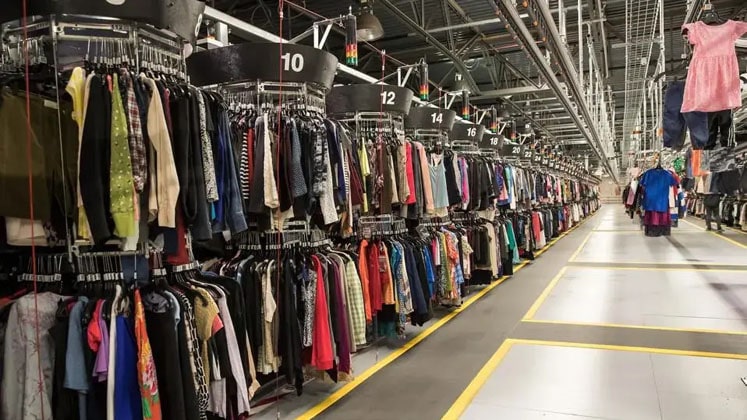The European Union will modify its sales taxes rules. The aim is to close tax loopholes and eliminate fraud. The new measures on value-added tax would mostly tackle frauds in which companies pocket VAT revenues from cross-border sales instead of paying them to the local government.
The move would also end the practice of companies avoiding VAT by basing themselves in countries with low VAT rates. They will now, as a general rule, have to pay the VAT charged by the country where their products are sold.
The proposed changes are expected to permanently end tax advantages for supplier companies that serve the EU market from a low-tax country, like Amazon, which is based in Luxembourg. The changes would reduce the need for a harmonised VAT rate policy. By November, it will make new proposals to reform VAT rates, giving states more power to set them. The move is also aimed at reducing scams that deprive EU states of large amounts of VAT revenues. Often such fraud involves companies collecting tax when a product is sold but not paying it to the government of its home country. Collecting the tax in the country where a product is sold would eliminate that fraud.
EU modifies sales tax rules
- 1
- 2
- 3
- 4
- 5
- 6
- 7
- 8
- 9
- 10
Wrap-Up Report 2024: The global denim fabric sector in all about transformation …
The global denim fabric sector was marked by both challenges and opportunities in 2024. While the industry grappled with economic... Read more
Wrap-up 2024 Textile Trade: Who won and who lost in a year of global upheaval
Year 2024 was a dynamic one for the global textiles sector, marked by shifting geopolitical sands, evolving consumer preferences, and... Read more
Year 2024: Global apparel trade sees a change in landscape
The global apparel trade is undergoing a significant transformation, says a recent report by Wazir Advisors. Titled ‘Apparel Trade Scenario... Read more
Fashion Goes Dark: The rise of dark stores in apparel e-commerce
The rise of dark stores is transforming the e-commerce landscape, and the fashion and apparel sector is no exception. This... Read more
The Global Apparel Sector in 2024: A wrap-up report
Year 2024 proved to be a dynamic one for the global apparel sector, marked by a complex interplay of economic,... Read more
Global Textiles Wrap Up 2024, Outlook 2025: Year of resilience and transformatio…
Year 2024 has seen dynamic shifts and surprising resilience in the global textile sector. Despite facing numerous challenges, the industry... Read more
Brands must adapt to win over the inclusive consumer: Kantar's Brand Inclusion I…
At a time marked by increasing awareness and demand for diversity, equity, and inclusion (DE&I), brands are at a critical... Read more
Bangladesh's RMG Sector: Facing challenges, seeking resilience
A new White Paper on the state of the Bangladesh economy has shed light on the challenges and opportunities facing... Read more
Bharat Tex 2025: India’s textile industry leads global innovation and sustainabi…
India's textile industry is a cornerstone of the economy, contributing 2.3 per cent to GDP and employing over 100 million... Read more
EU Garment Imports Shift: Consolidation gives way to diversification
A new analysis of EU garment import data from the International Trade Commission reveals a shift in sourcing patterns. While... Read more












